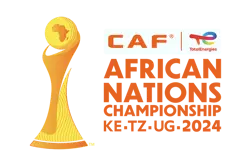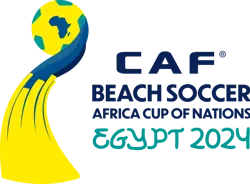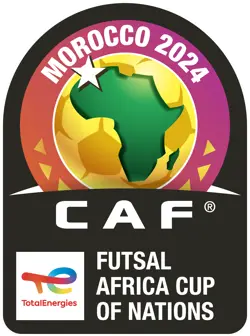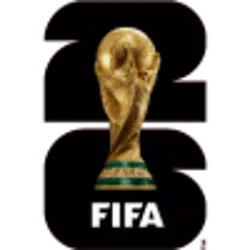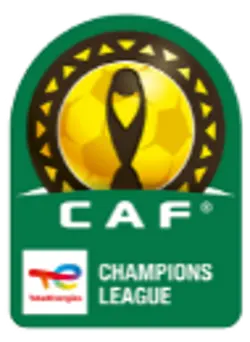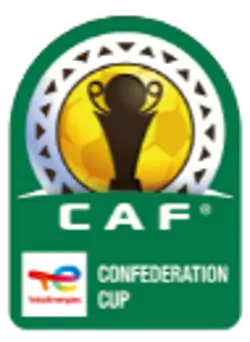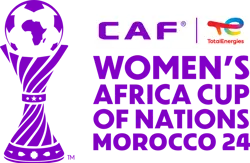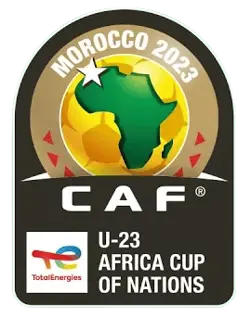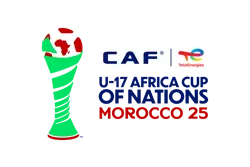AFCON U-17: Coaches keeping an eye on the U-17 Women’s World Cup
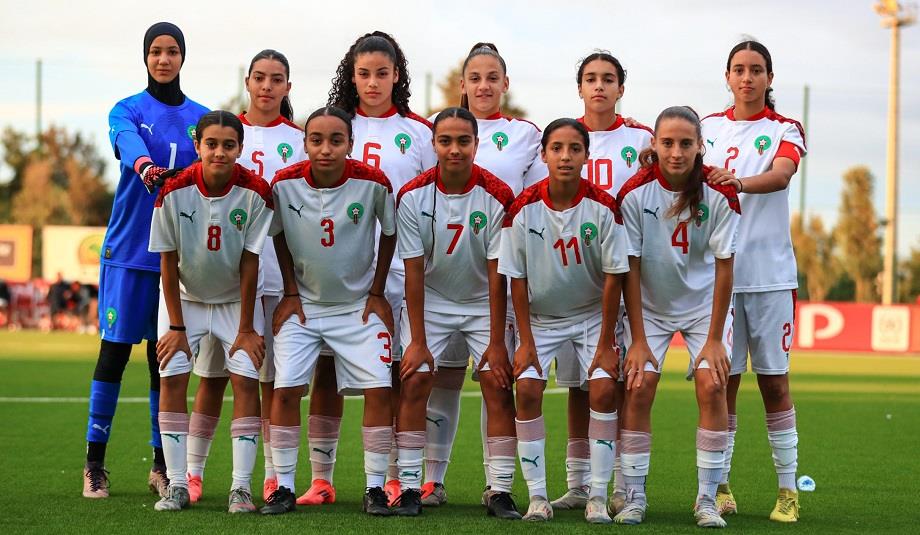
Coincidence or a clever move by FIFA? As the CAF TotalEnergies U-17 Africa Cup of Nations reaches its final stages in Morocco, an unexpected topic surfaced during the pre-match press conferences held in Casablanca: the FIFA U-17 Women’s World Cup. Also set to take place in Morocco, from 17 October to 8 November 2025, it will be followed closely by the U-17 Men’s World Cup in Qatar (3–27 November).
As a result, amidst tactical discussions, male head coaches couldn’t help but share touching words about their female counterparts – and, in some cases, their own families.
Lions, a Young Lioness, and a Father's Dilemma
In the Baha household, football is a family affair. In Casablanca, where the Atlas Cubs are preparing for their semi-final, their coach Nabil Baha spoke of a November that promises to be as thrilling as it is complex. He will be leading his squad in Qatar, while his daughter Mayssa, a promising forward in Morocco’s U-17 women’s side, could be playing her first World Cup at home.
⚠️🔵🔴Mayssa Baha está convocado con la selección marroquí sub-17 para hacer entrenamientos en Rabat en el Mohammed VI Football Complex del 25 de noviembre al 3 de diciembre⚽️💪🏼 pic.twitter.com/YN8Je9EP8z
— Viscafcbmasia (@viscafcbmasia) November 16, 2024
“Maybe her mum will go and watch her,” he smiled during the press conference. “I’ll be with Ziyad (note: Morocco U-17 forward), my son, in Qatar… if all goes well. But missing Mayssa’s first World Cup, even though I know she’ll have others, that’s tough.” His gaze darkened momentarily. “It’s complicated, yes, but we’ll manage. There’s video calls, TV… I just hope we’re not playing at the same time!”
This heartfelt comment reflects the tug of emotions at play. “Seeing both of my children represent Morocco is an incredible source of pride. They love the jersey, and they thrive in the national setup. I wish them nothing but the best.” The emotion in his voice revealed more than the dual role of coach and father it hinted at a generation that lives and breathes football, on both sides of the game.
Côte d’Ivoire: One Flag, One Fight
Just a few steps away, in the next room, Bassiriki Diabaté was conducting his own pre-match press conference. His side is set to face Morocco in the semi-final, yet his mind also drifted to another big fixture: the Ivorian U-17 women’s play-off against Guinea, with a win securing a spot at the Women’s World Cup.
“We often talk with Adelaïde Koudougnon,” he explained. “She coaches the U-17 women’s team. In Côte d’Ivoire, we see it as whole. A national team is a national team, whether it’s male or female.”
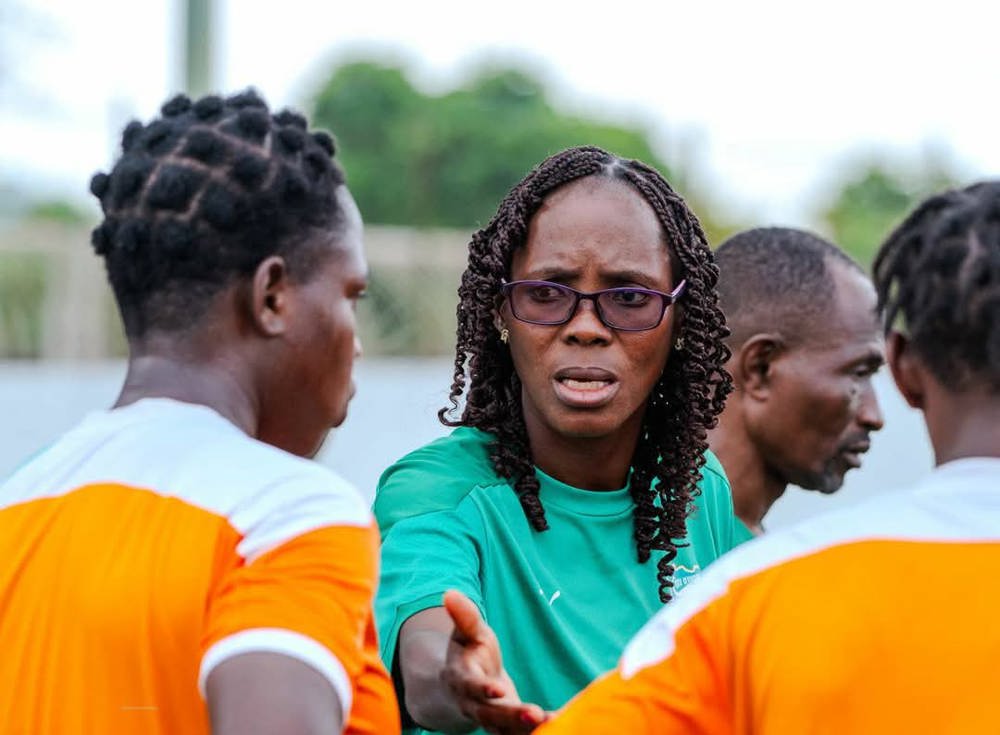
This wasn’t just a token statement, it reflects a genuine federation-wide policy of solidarity. “As coaches, we’re always exchanging ideas. We share our experiences. What I wish for Adelaïde is the same success we’re having here. She has our full support.”
And with a knowing smile, he added, “She’s also playing away from home. We’ve found success in Morocco, she can do the same in Mali with the same emotion, the same drive.”
Morocco and Côte d’Ivoire: Leading the Way for Two World Cups
These heartfelt testimonies paint a bigger picture: the rise of youth women’s football in Africa is not going unnoticed neither by the institutions, nor by those on the pitch. Morocco, as host of the U-17 Women’s World Cup, aims to shine both in terms of performance and event organisation. Côte d’Ivoire, on the brink of qualification, is a symbol of this new generation of nations investing in both sides of the sporting spectrum.

